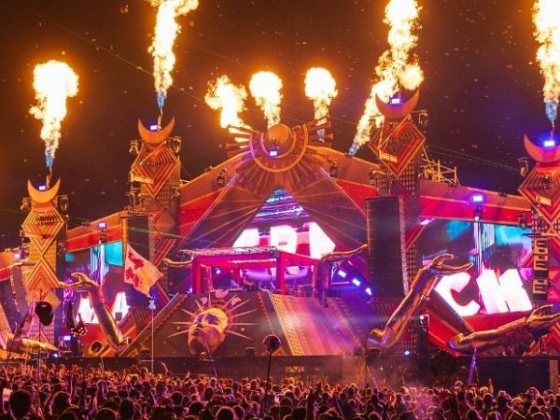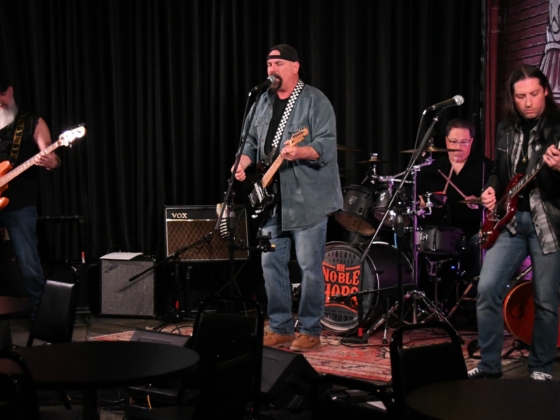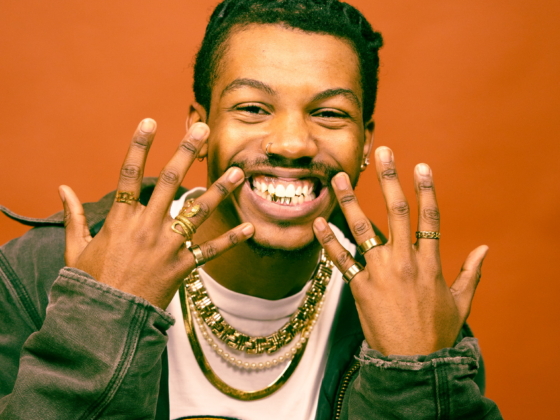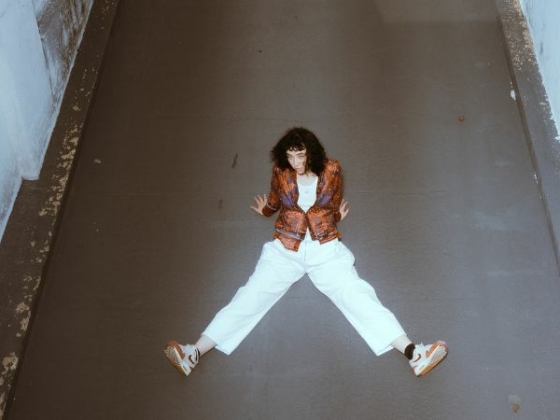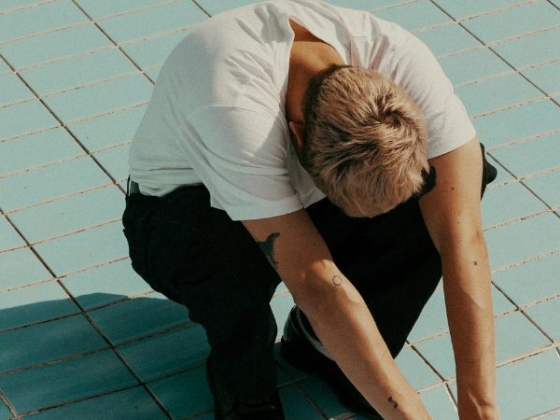If you create or produce music with synthesisers, chances are that you've heard of Teenage Engineering. The Swedish company raised many eyebrows when they first introduced their playful, highly unique, and wonderfully portable OP-1. Truly a company that champions modern engineering, especially in their fun aesthetics, and incredible functionality. Teenage Engineering have garnered an impressive roster of talented musicians and producers that use their products: Bon Iver, Radiohead and Depeche Mode to name but a few. However, this time they're back again to shake-up the music industry; now with a mind-blowing design comes their multimedia live synth the OP-Z and its new hardware addition the oplab. Clocking in at a very reasonable £529 let's learn more about this quirky synth.
Whilst the OP-1 and OP-z share Teenage Engineering's love of gamifying learning inherent in their designs. The OP-Z is very much a different beast. Definitely residing in an entirely separate league we're going to explore some core why the OP-Z is perhaps more like a modern-day, multipurpose iPod than just a synth.
Why is the OP-Z and oplab so great? Let's take a look at some of its main perks, and compare it to the OP-1.
- Perhaps most unlike the OP-1, the OP-Z excels in a live performance setting. The OP-Z functions as a midi controller across audio and visual software makes it perfect for a live A/V set. But what does this mean in practice? Well, it's very content to talk to visual software such as Resolume and Max MSP. Happily effecting images, live visuals, lights, and complex projection mapping along to midi if needs be. All the while allowing human reaction and live programming to change perfectly in time with rhythm. There is beautiful synchronicity like no other device.
- Unity integration; this is a big one (and excuse the pun as we say game-changer) for those with an interest in gaming, immersive experiences, and installations. Unlike the OP-1, forward thinking visual art, 2D and 3D animation has never been so accessible with hardware. It's basically an incredibly useful extension device for the modern musician/ bedroom producer, or DIY artist. Teenage engineering definitely understood their audience when they were making this piece.
- The new oplab hardware expansion means that you can now also make this OP-Z talk to modular devices. This is perfect if you have midi keyboards, pocket operators, or even their new analog modular synth. Or, if you just want to add on some new effects. We see a lot of potential here with expansion modules, which could really augment the mic on the OP-Z, and possibly even float further into easier recording and mixing in DAWs in the future too.
- Next level portability. The OP-Z has bluetooth, and yes, it's small. Backpack small. It's possible to bring your own screen because it can interface with iOS, and here you can do a lot more too. We used our own images to create rad play images and effects along to out beats and sequences. It's a synth which is all about having fun, wherever you are. Ok so the OP-1 is really portable too, but just think of the weddings the OP-Z could cater to!
OK, but how can you use the OP-Z to its full potential?
Teenage engineering have packed once again packed as much as possible into one tiny yet fun and complex device. To be honest it's here when the OP-Z quick guide (online and in the case) is a life saver as the learning curve is pretty steep. Whilst the guide visually spells out beautifully the functionality of each button; it's only natural that everyone will needs to be some practical experiments to understand the OP-Z's full potential. Let's take a more in depth look at what the OP-Z can do. We're diving in.
- 16 track, 16 step synthesizer. Similar to the OP-1 the OP-Z will just get you going in making beats pretty quickly. These 16 tracks are split in half, with 8 of these as audio and in two groups. Snare, kick, percussion, and sampling are amongst the first group of audio whilst the second group of 4 comprises bass, lead, arpeggio and chords. Each audio track has two adjustable parameters, along with a resonant low/high-pass filter, four-stage amp envelope, a multimode LFO, two effect sends, and pan and level controls.
- Drum tracks can contain up to 24 samples altogether where 2 sounds can be sequenced on each step, however they will share the same parameter values. The 2 parameter controls alter pitch and playback over the 4 drum tracks.
- There's lots of choice with 9 sound engines for each synth track. Compared to the OP-1 we have slightly less in the way of synth tools, however the OP-Z's overall versatility is simply able to do more. Plus there's an upgradeable modular effects architecture, including: delay, reverb, filters, tremolo etc.
- In built and integrated mems microphone for live recording and effects, which works well for vocal recording and effecting.
- Because it's compatible with iOS – yes iPads, iPhones, you can suddenly bring your own screen and it comes with a dedicated app – free to download from app store.
Why buy the OP-Z from teenage engineering?
In short, the broad nature of the OP-Z absolutely encourages collaboration like no other synth. It's a tactile and multipurpose sampler, and sequencer and easily the synth with the most amount of breadth which has ever existed. After reading the manual, and playing with it a short while it's possible to programme beats quickly too. That's great, because the OP-Z makes music making so accessible to everyone; you don't necessarily need to have a background in the theory of music at all. Although to get fully to grips with the OP-Z you will need time. For this we like and thank their detailed packaging support as well as their online electronic music school (EMS) where you can partake in workshops, and tuition. All of their product guides are online. Here's more below on how to basic sequence from their YouTube channel:
It's easy to layer the OP-Z up and create something wonderful quickly once you know how. As a result you can do endless sequencing. Teenage engineering definitely push the boundaries in their products. Their attitude towards line blurring of genreless objects having hybrid functions is like no other company around at the moment. Not only standing out for their innovative aesthetics, but equally for their intelligent synths. Their approach to revamping and improving modern instruments sees them at the forefront of design this century. Building in other ways to enjoy yourself, ensures that once you understand their products there's no turning back.


